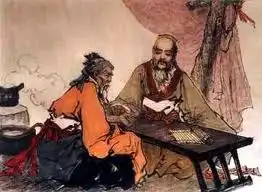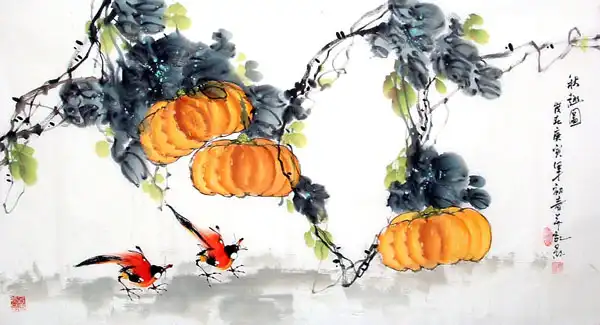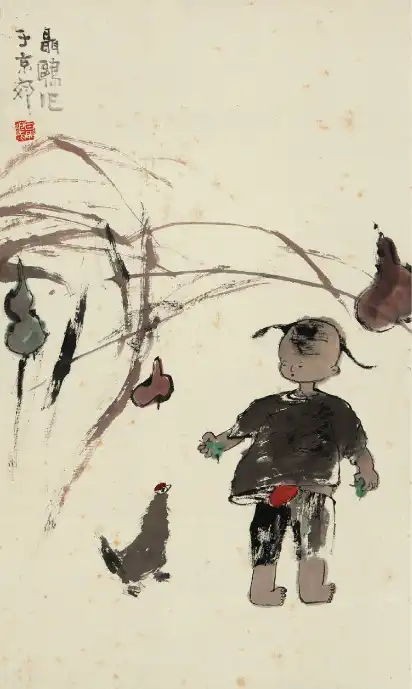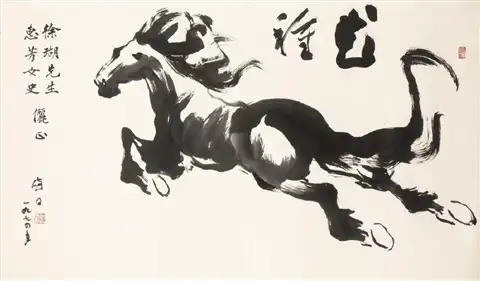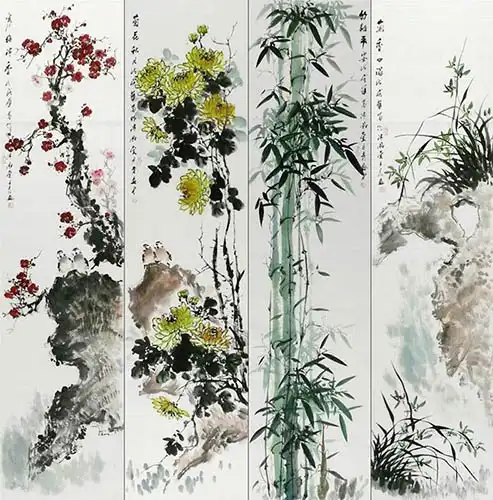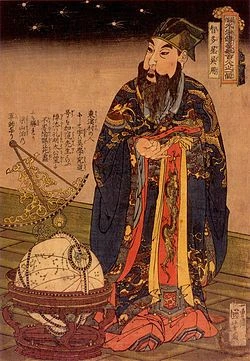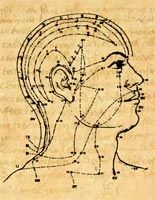Cause
- Spleen Qi deficiency
- internal heat
To understand the pattern “phlegm in the Heart” we need to understand what "phlegm" is in traditional Chinese medicine.
The Spleen (together with the Lung and the Kidney) is in charge of the water metabolism. A deficient Spleen has impaired ability to transport fluids, leading to accumulation of “internal dampness”.
“Internal dampness” very much resembles “external dampness”. Imagine visiting a damp climate environment. If you are not accustomed you will find it difficult to be as active and efficient as you would be in a non-damp environment. You will feel tired, “heavy”, and the simplest daily activities, even breathing, may become challenging.

The exact same thing happens when the dampness is within our bodies. Our internal organs have difficulties to function normally and become sluggish. Depending on what organ is affected different “damp” patterns manifest.
Although the Lung and the Kidney are in charge of the water metabolism together with the Spleen, the main originator of “internal dampness” is rather the Spleen.
If with the “internal dampness” there is also “internal heat” the damp will condense into phlegm. The main quality of phlegm is to obstruct and block.
Phlegm in the Heart manifests predominantly in mental dysfunction because the Heart houses the mind and the phlegm has blocked the orifices of the Heart thus "is blocking the mind".
If you want to learn more about the Heart and its functions from the perspective of traditional Chinese medicine you can read the material "The Heart in Traditional Chinese Medicine" in the Physiology chapter.
Symptoms
- mental confusion and mental illness
- cold-phlegm symptoms - passivity, rattling sound in the throat, difficult speech
- hot-phelgm symptoms - insomnia, agitation, uncontrolled laughter or cry, shouting and attacking people
There are two types of “phlegm in the Heart” – “cold phlegm” and “hot phlegm”. Both types manifest in mental confusion and mental illness (the residence of the mind is blocked and obstructed).
“Cold-phlegm” manifests with “cold/slow signs” such as passivity, a rattling sound in the throat and difficult speech. In children this pattern is considered constitutional while in adults it is a combination of really poor diet and long term disturbing emotions. (1)
“Hot-phlegm” combines mental confusion with “hot/fire signs”. Such are insomnia, agitation, uncontrolled laughter or cry, shouting and attacking people. (1)
Treatment
The main strategy for clearing phlegm is to discontinue the consumption of heavy, greasy, phlegm producing foods. Such are eggs, meats, white sugar, white flour, and fried foods. “Cold foods” such as fruits and vegetables also will contribute to phlegm accumulation therefore the fruits and vegetables should be always cooked before consumption. Eating food straight out of the refrigerator should be avoided – the food should always be warmed up. The coldest temperature food and drinks to be consumed should be room temperature.
To unlock the rest of this article select "Yes, I want to learn!" below.
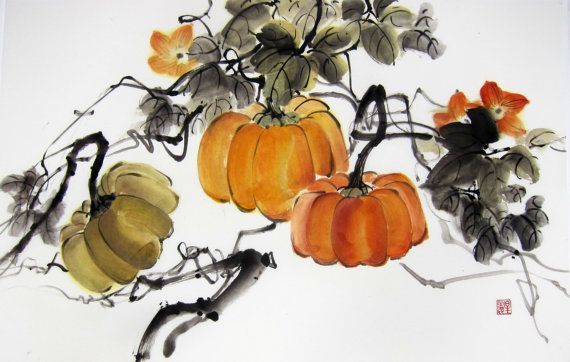
Food therapy is the most economical and non-toxic biochemical approach to health and disease. Food is something we continuously use to sustain our lives. Learning what foods are healing (and what disruptive) for each condition has the potential to convert every meal into a form of therapy.
YS
1) Maciocia, Giovanni (1989). The Foundations of Chinese Medicine. Nanjing: Harcourt Publishers Limited
(2) Pitchford, Paul (2002). Healing with Whole Foods. Berkeley: North Atlantic Books
Related Articles:
The Heart and the emotion "joy"
The Heart, the season summer, and summer foods that benefit the Heart
Hearbs that calm the spirit and clear heat in the Heart
Herbs that transform phlegm and benefit phlegm in the Heart
Herbs that tonify Qi and benefit Heart Qi deficiency
Herbs that tonify the blood and benefit Heart blood deficiency
Please read our Disclaimer

